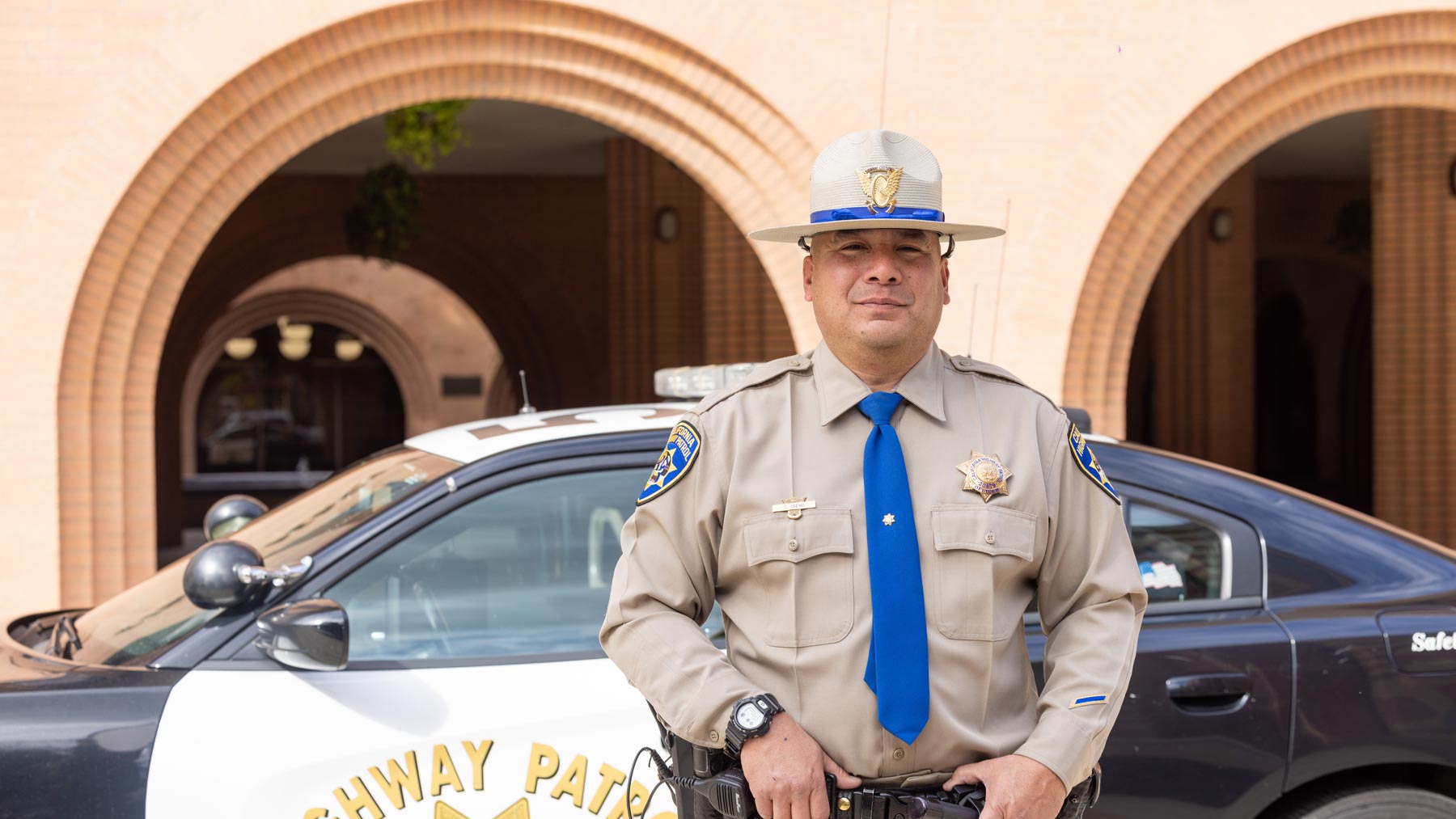Sometimes, a single moment changes the course of your life. For Travis Iseri, that moment occurred in 1996 when he met Pauline Abbott, Assistant Dean of the USC Leonard Davis School of Gerontology.
As an undergrad transfer student, Iseri was exploring the USC campus on orientation day. He had received an associate degree from Cypress College, and his acceptance into USC was a dream come true.
Iseri found himself in the Leonard Davis School when Dr. Abbott asked if he was looking for a major. “She invited me into her office and took out a white piece of paper,” Iseri says. “She wrote down every class in sequence that I needed to take in two years to receive a gerontology degree. I still have that piece of paper.”
Right away, Iseri felt at home and decided to major in gerontology.
Education mirrors life
Gerontology is the study of how people age. It’s a deeply human topic that resonated with Iseri. He had just moved in with his grandparents, and his studies often overlapped with what he was experiencing at home.
“I was young and consumed with myself,” Iseri says. “But in school, I was learning about how the body ages and how people cope with death. I realized my grandparents were experiencing these situations in real time.”
Iseri took a class about aging in place and the importance of ergonomic design. He did a home assessment of his grandparent’s home as part of the class. “Of course, I found tripping and electrical hazards,” Iseri says. “My grandma would ask me, ‘How did we do?’ and I’d laugh and tell her we failed.”
Iseri’s grandparents rolled their eyes at first. But then they started taking him seriously and had him do home assessments for their neighbors.
What Iseri liked most about his gerontology classes at USC was their small size. He got to know his fellow students and instructors. It was the perfect learning environment and Iseri graduated with a Bachelor of Science in Gerontology in 1998.
Undergraduate degree in gerontology opens doors, lends credibility
After graduation, Iseri had an opportunity to move to Hawaii. He quickly found a job at a nonprofit organization supervising a program that provided home services to older adults. His role was to coordinate about 30 volunteers. The volunteers helped clients with household tasks such as housekeeping, laundry and grocery shopping.
Iseri’s program was state-funded and he had frequent contact with officials in Hawaii’s Department of Human Services. “They took notice of my degree from the top gerontology school in the country,” Iseri says. Before long, he was working in the Lieutenant Governor’s office as a program coordinator for the Executive Office on Aging.
Iseri had the opportunity to attend national meetings and conferences. He hadn’t yet turned 30, but Iseri found his gerontology degree gave him credibility among his more seasoned colleagues. “I felt respected, even though they were more experienced and had advanced degrees,” Iseri says.
A range of opportunities in gerontology
Iseri met his wife-to-be in Hawaii and together they moved back to Los Angeles. “As a young professional, I was ready for a new challenge,” Iseri says.
He signed on with a nonprofit organization in their elder abuse program. Part of Iseri’s job was to participate in an elder abuse task force. The task force included law enforcement and health and human services professionals. They discussed real-life cases to identify ways to improve response efforts and agency coordination.
The task force was Iseri’s first interaction with law enforcement and would eventually lead him in a different direction. But before that happened, he took a job as the director of a senior center.
“No matter what job I had, I could always relate it to some aspect of my gerontology training,” Iseri says. “At the senior center, I fell back heavily on what I learned in class. I worked with my team to build an environment of support and inclusiveness for the older adults we served.”
From gerontology to law enforcement
In 2013, a family friend who worked for the California Highway Patrol (CHP) encouraged Iseri to apply for a job there. He recalled his interactions with law enforcement as part of the elder abuse task force and decided it might be a good fit.
Iseri has been an officer now for almost 10 years. “It was a seamless transition,” Iseri says. “My training at USC and work as a gerontologist taught me a lot about how to talk to people, especially older adults. Those lessons have made me a stronger officer.”
One area where gerontology lessons can be especially valuable is in helping law enforcement address when a person with Alzheimer’s disease has wandered or gotten lost. The CHP coordinates the state’s Silver Alert notification system, which is activated when an older, or developmentally or cognitively impaired person is reported missing and determined to be at risk. According to the Alzheimer’s Association, more than half of people living with dementia will wander at least once.
Looking back and looking ahead
When thinking about the course of his career, Iseri reflects on the day he met Dr. Abbott. “I remember that when I meet people out here in the field,” he says. “She helped me just when I needed it and I try to pay that forward.”
The CHP isn’t the last stop for Iseri. When he retires, he’s thinking about returning to USC for a master’s in gerontology. “My gerontology timeline started when I went to live with my grandparents and ran into Dr. Abbott. I feel like there are more chapters in that timeline I have yet to complete.”
To learn more about undergraduate degree programs at the USC Leonard Davis School of Gerontology, call us at (213) 740-5156.





